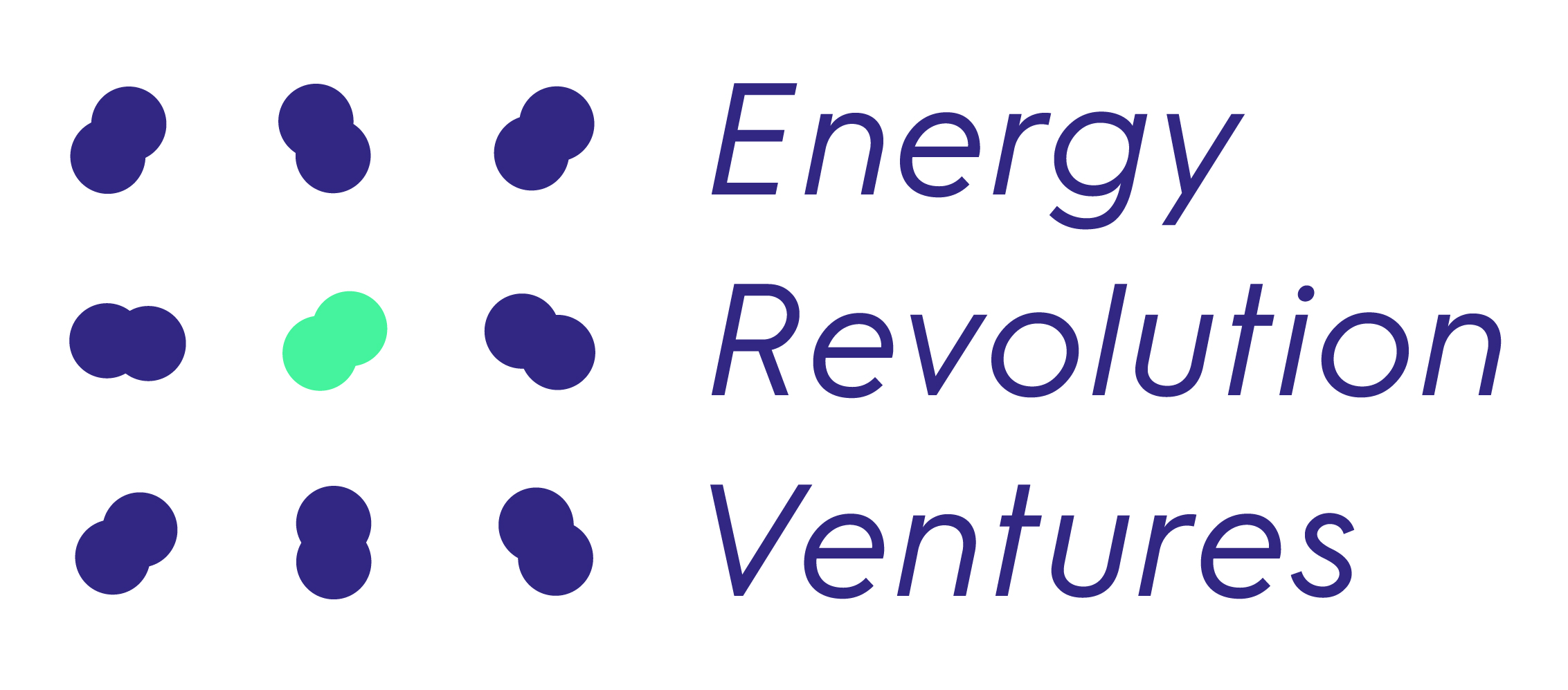The battery industry is on the cusp of unprecedented growth, with lithium-ion battery (LIB) production set to quadruple by 2030, rising from 1 terawatt-hour (TWh) in 2024 to 4 TWh. However, as gigafactories scale to meet surging demand for electric vehicle (EV) batteries, they face substantial challenges, particularly high scrap rates during early production stages.
In new facilities, scrap rates have been reported to spike dramatically, with extreme cases reaching up to 90%. Even after optimisation, industry-standard scrap rates often remain in the 15–30% range. This inefficiency drives up costs and undermines scalability. A mere 10% reduction in scrap rate at a 30 GWh factory could save $300 million annually, highlighting the urgent need for improved manufacturing intelligence. Northvolt, once a symbol of Europe’s battery manufacturing ambitions, grappled with these issues before entering administration. In 2024, BMW cancelled a €2 billion order due to delays and elevated scrap rates. Tackling these inefficiencies is critical to accelerating EV adoption and achieving a sustainable transition to electrification.
For a deeper look into these challenges and diagnostic advancements, refer to Harry’s blog on battery diagnostics at Energy Revolution Ventures’s knowledge hub.
What Sention Is Delivering
Sention Technologies is redefining battery production with a diagnostic solution that improves output quality, reduces waste, and provides actionable insights to improve design and manufacturing. Their first target market, battery OEMs, presents a high-impact entry point, tackling some of the most acute challenges in high-volume cell production and raising the bar for industry standards. Their broader vision, however, spans the entire battery value chain, from raw materials to end-of-life recycling.
Sention combines advanced measurement techniques, specialised hardware, and machine-learning algorithms to analyse vast battery datasets with precision. At the core of their innovation is the Cell Intelligence Platform, which leverages cutting-edge sensors and machine learning to deliver actionable, data-driven insights.
A key breakthrough is their “Pulse-Echo” ultrasonic Time-of-Flight (TOF) measurement technique. This method sends an ultrasonic pulse through the battery, reflects it off the cell’s back wall, and captures its return to construct a 3D map of the battery’s structure.
Think of it like an ultrasound for batteries, a non-invasive, real-time scan that reveals internal features or defects before they become costly. Just as doctors scan babies in the womb to monitor health, Sention’s tech allows manufacturers to detect faults early and optimise production.
This approach is faster and more cost-effective than traditional tools like X-ray computed tomography, enabling Sention to pinpoint the source, location, and type of defects for timely correction.
Additionally, Sention’s patented Electro-Magnetic Acoustic Testing (EMAT) sensors enable non-contact, non-destructive Pulse-Echo ultrasonic TOF testing. The non-contact nature of these sensors allows for integration into early stages of battery manufacturing, enabling continuous in-line quality control while preventing error propagation downstream.
Imagine a gigafactory equipped with a unified diagnostic system spanning the entire production line, streamlining operations and installation. Paired with a machine-learning platform that analyses production data, this system reveals detailed cause-and-effect relationships, driving improvements in manufacturing intelligence. This integrated approach supports advanced battery design infrastructure, enhances cell quality, and achieves targeted production throughput.
It also facilitates critical applications such as battery passporting and second-life usage. Each cell retains a complete production and performance history, ensuring efficient tracking, reuse, and recycling, all vital for a circular and sustainable battery lifecycle.
Sention was co-founded by Professor Dan Brett and Professor Paul Shearing, seasoned battery experts whose pioneering work on ultrasound battery testing has been built on over a decade of research at University College London. This technique has been extensively validated in peer-reviewed journals and applied to various batteries, fuel cells, electrolysers, and supercapacitors, demonstrating its versatility across different electrochemical systems. By cross-correlating acoustic data with optical and electrochemical tools, Sention has rapidly developed a comprehensive data intelligence platform, accelerating progress that would typically take years.
We are proud to support Sention Technologies by participating in their Seed Investment Round. This marks an important step as the company accelerates the commercial rollout of its diagnostic systems and data platform, expanding internationally to meet growing demand from battery manufacturers whilst advancing next-generation R&D.
We also commend the efforts of Prosemino in building and nurturing this remarkable venture, paving the way for a more efficient and sustainable future for the battery industry.
Much like scaled data solutions in the pharmaceutical industry enable precise quality control, regulatory compliance, and streamlined R&D to ensure safe and efficient drug production, or in the semiconductor industry, where advanced diagnostics maintain production yields and ensure product reliability in a high-precision environment. Sention’s platform brings similar transformative value to clean energy. Enhancing efficiency, scalability, and output quality are the hallmarks of mature, data-driven industries, and Sention is bringing those hallmarks to batteries.

 Harry Michael
Harry Michael